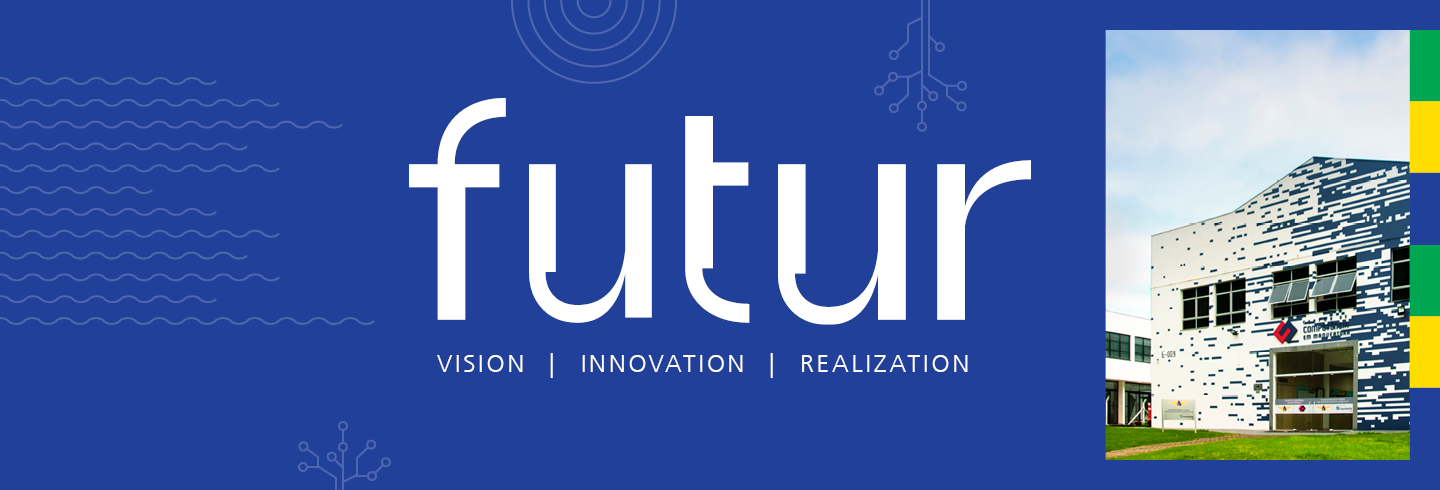From Alexanderplatz to Amazônia
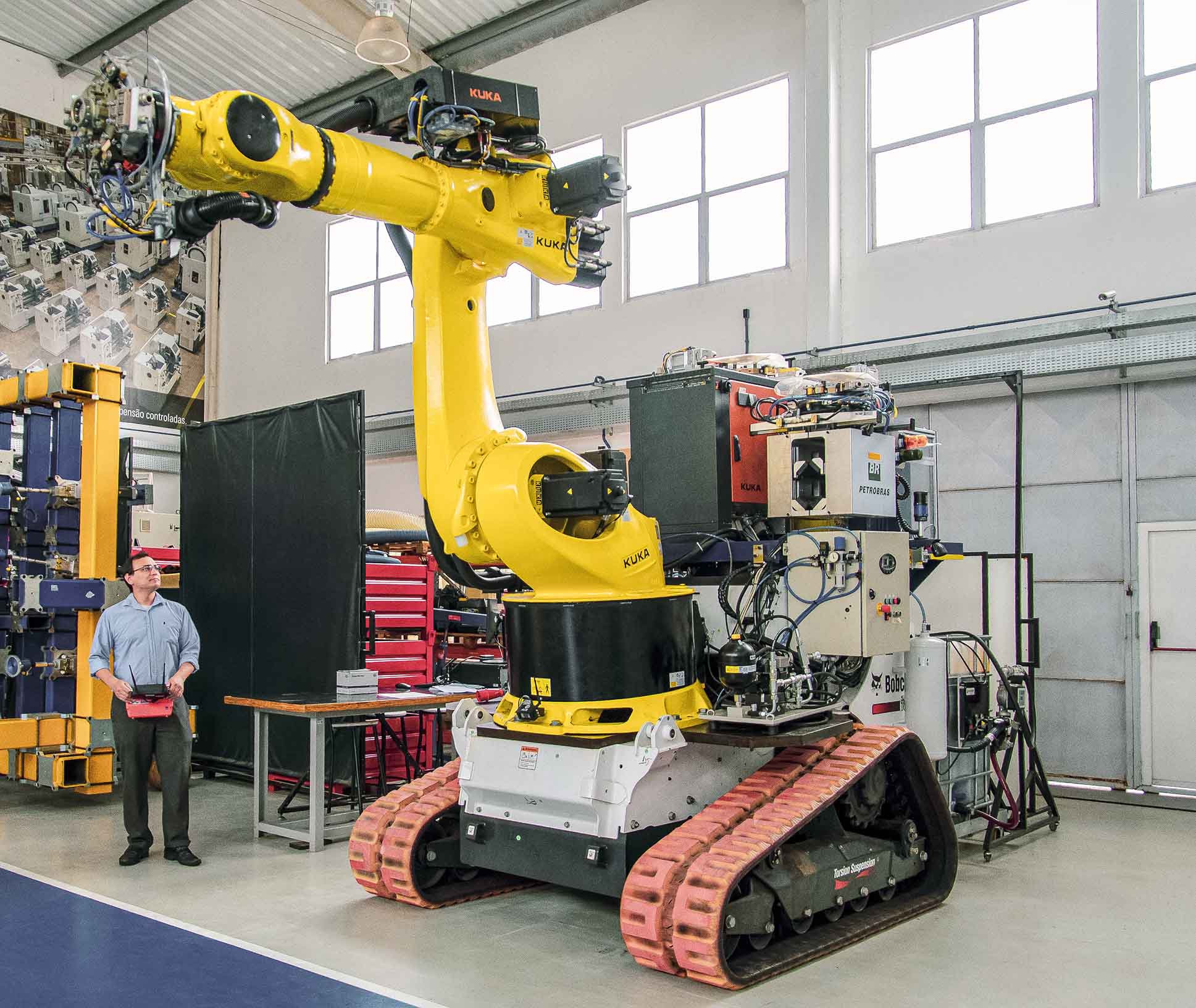
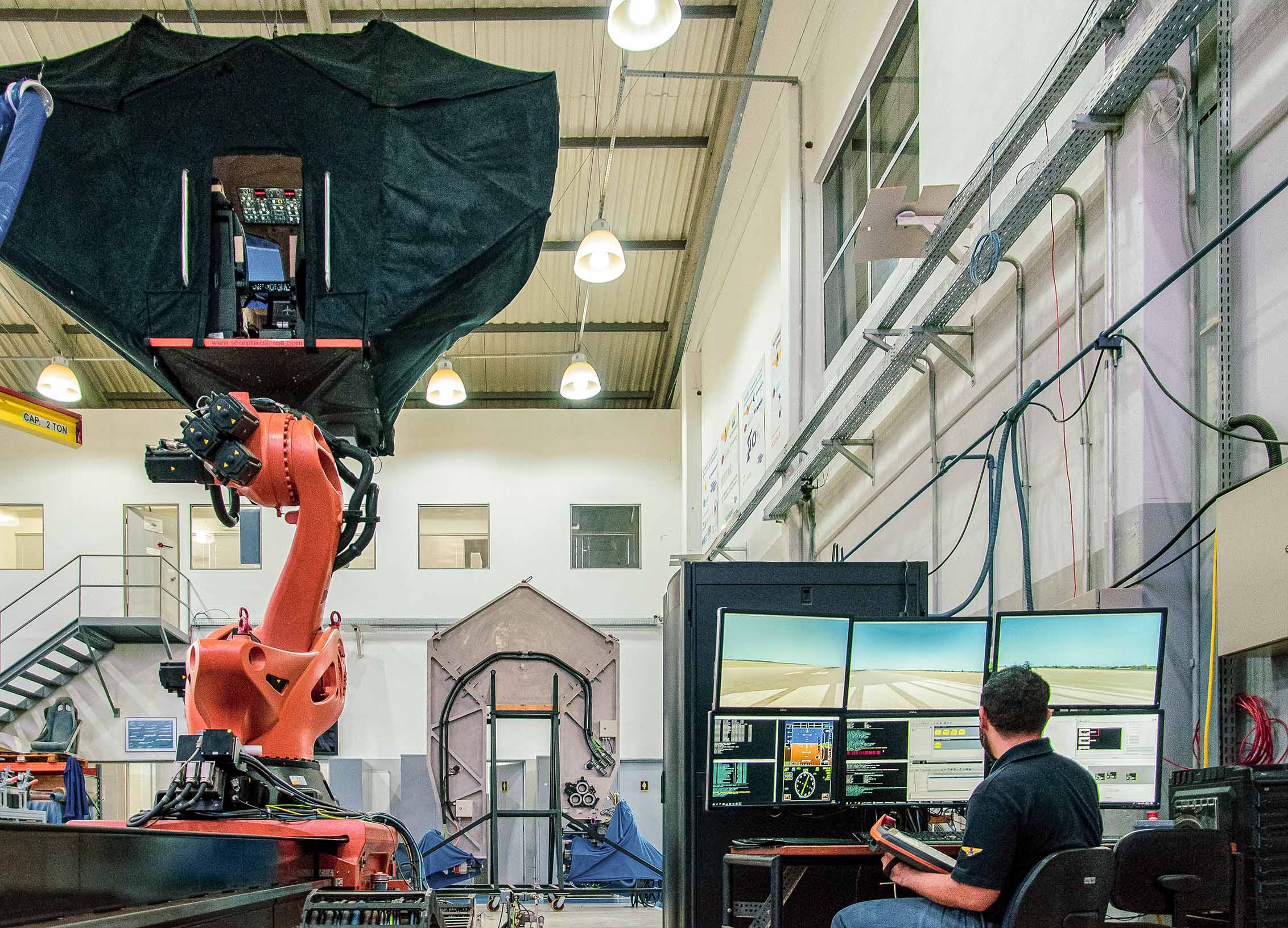
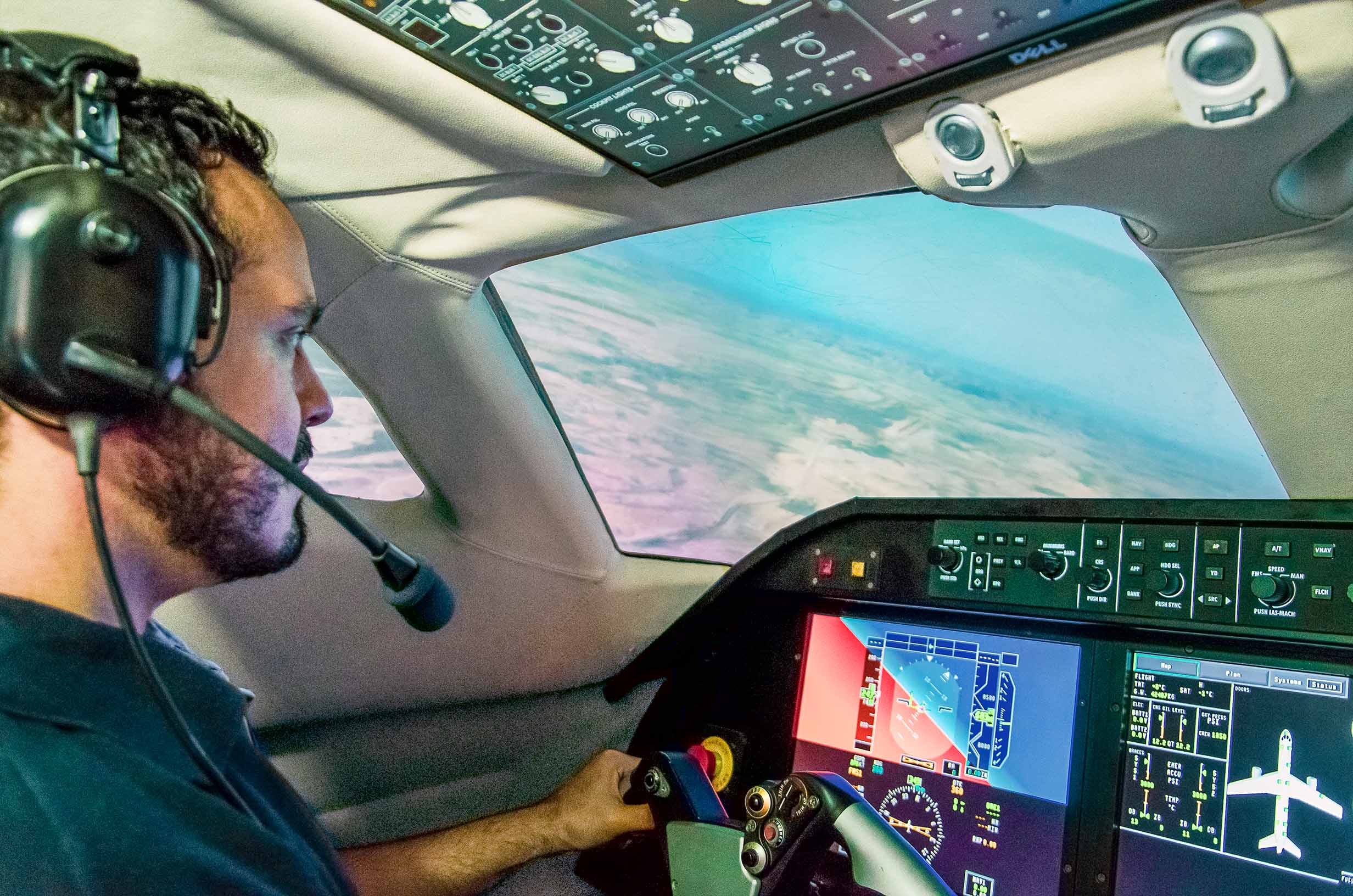
Rarely has there ever been such an enthusiastic spirit around the German-Brazilian partnership as in the year 2023. Both the President and the Chancellor of Germany visited the South-American country in January. Only a few weeks later in March, two other high-ranking ministers, Vice-Chancellor Robert Habeck and Minister of Agriculture Cem Özdemir highlighted the countries’ common interests and values during their own visit. They affirmed their intentions of building sustainable political and business relationships on equal terms with the South American »premium partner«. One of the main talking points of the German politicians was Brazil’s potential in establishing sustainable, highly digitalized industrial practices.
One Step Ahead
Fortunately, the cooperation between the two countries does not have to start from scratch. There is precedence for successful collaboration in advanced manufacturing research and development. Researchers from Fraunhofer IPK have been working for over a decade with major players from Brazilian industrial research, such as the Competence Center in Manufacturing at the renowned Aeronautics Institute of Technology (CCM-ITA) as well as the National Service for Industrial Training SENAI. These partnerships have established themselves as driving forces in the joint efforts towards a digitally integrated production.
The Brazilian partners benefit from Fraunhofer IPK’s international reputation, as well as its long-standing expertise in innovating manufacturing research and transferring results directly into industry. These competencies come into play in the »Fraunhofer IPK Project Office for Advanced Manufacturing at ITA«, in which the Berlin institute has joined forces with one of the top engineering schools in Brazil to develop innovative production technology solutions on site in São José dos Campos. Prof. Dr. Ronnie Rego, Professor at ITA and Head of Operations at the Fraunhofer IPK Project Office for Advanced Manufacturing at ITA, explains that working very closely with industry is necessary to ensure the transfer of scientific results: »Despite of all recent advancements toward this direction in Brazil, it is still necessary to invest into efforts to deeply seed this mindset. We want to show that academic excellence and industrial application are not mutually exclusive – in fact, they are very much directly linked.«
Fraunhofer IPK researcher Gustavo Reis de Ascenção confirms the need for professionalization: »When we started working with ITA in 2017, one of the first things we did was establish a sales funnel. They already had ideas in place to acquire industry projects, and together we managed to systematize the approach.«
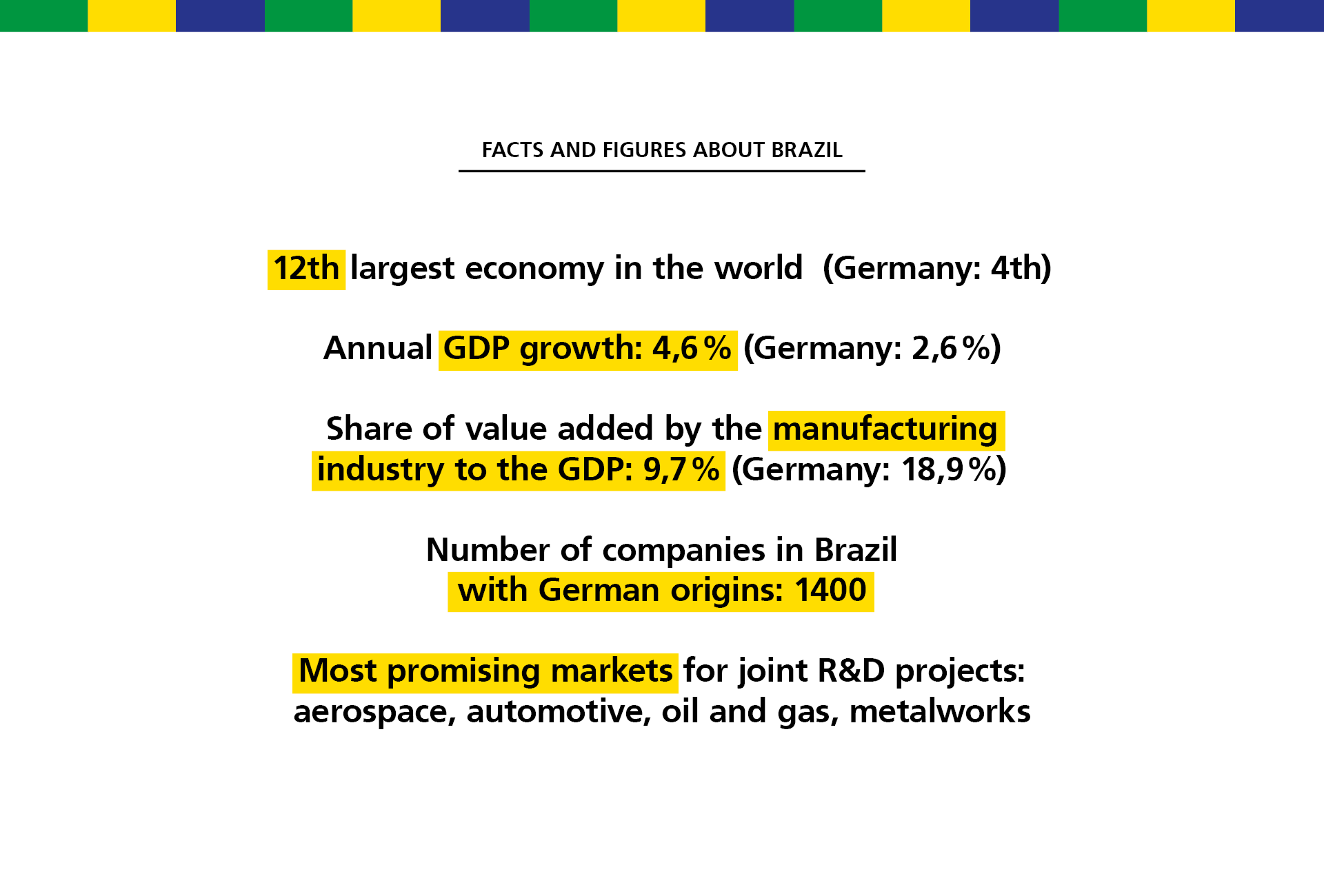
Ingenuity in Accessibility
On the other hand, Fraunhofer IPK scientists greatly appreciate the innovation potential their Brazilian partners bring to the table. One of CCM-ITA’s strong suits is its transdisciplinary approach. In addition to advanced manufacturing research labs and experimental equipment, their facilities also feature a Human Factors Research Lab. With the help of tools such as EEG headsets to measure brainwaves, eye movement trackers and other physiological sensors, the scientists are researching how humans interact with industrial work environments.
Another one of CCM-ITA’s priorities – and by extension also a matter of greatest importance of the Fraunhofer IPK Project Office for Advanced Manufacturing at ITA – is finding economical and scalable solutions for the Brazilian production industry. »The ingenuity of the Brazilian manufacturing research landscape lies in finding solutions that are not just more innovative, but also cheaper and easier to build and therefore more accessible«, says ITA PhD student Ivan de Souza Rehder. One very impressive example of this approach is a flight simulator built at CCM-ITA. Its hardware is based on a real pilot cabin complete with control sticks and screens, mounted on top of a robotic arm that is moving along a few meters of rails. The scientists programmed this system to move in sync with the steering movements, creating a low-investment-way to train pilots out of readily accessible industrial parts.
The complementary competencies of the binational research team, as well as their joint efforts and commitment to the partnership have made the Fraunhofer IPK Project Office for Advanced Manufacturing at ITA extraordinarily successful. Its predecessor, the FPC@ITA, surpassed its original target project volume more than threefold, reaching around 11 million euros rather than the intended 2.6 million euros. In total, they carried out 51 R & D projects, 31 of which were industry projects while the other 20 were publicly funded. If these results are anything to extrapolate from, the future of Brazilian-German R & D collaboration is looking very bright.
Success Stories
Over the years, the collaboration between Fraunhofer IPK and its partners in Brazil has resulted in several successful research projects – let us present three of them to you.
The FERA consortia project is developing additive manufacturing technologies to improve the competitiveness of Brazilian tool manufacturers in this sector. Its topics are based on needs of the local automotive and tooling industry: semi-automated additive repair of sheet metal stamping tools and additive manufacturing of tools with complex geometries, of fixtures and spare parts. »Our contribution includes automated laser metal deposition processes to repair tools for car bodies and structural components, as well as a market analysis and trainings on additive manufacturing technologies,« reports Dr.-Ing. David Domingos, Head of Operations of the Fraunhofer IPK Project Office for Advanced Manufacturing at ITA.
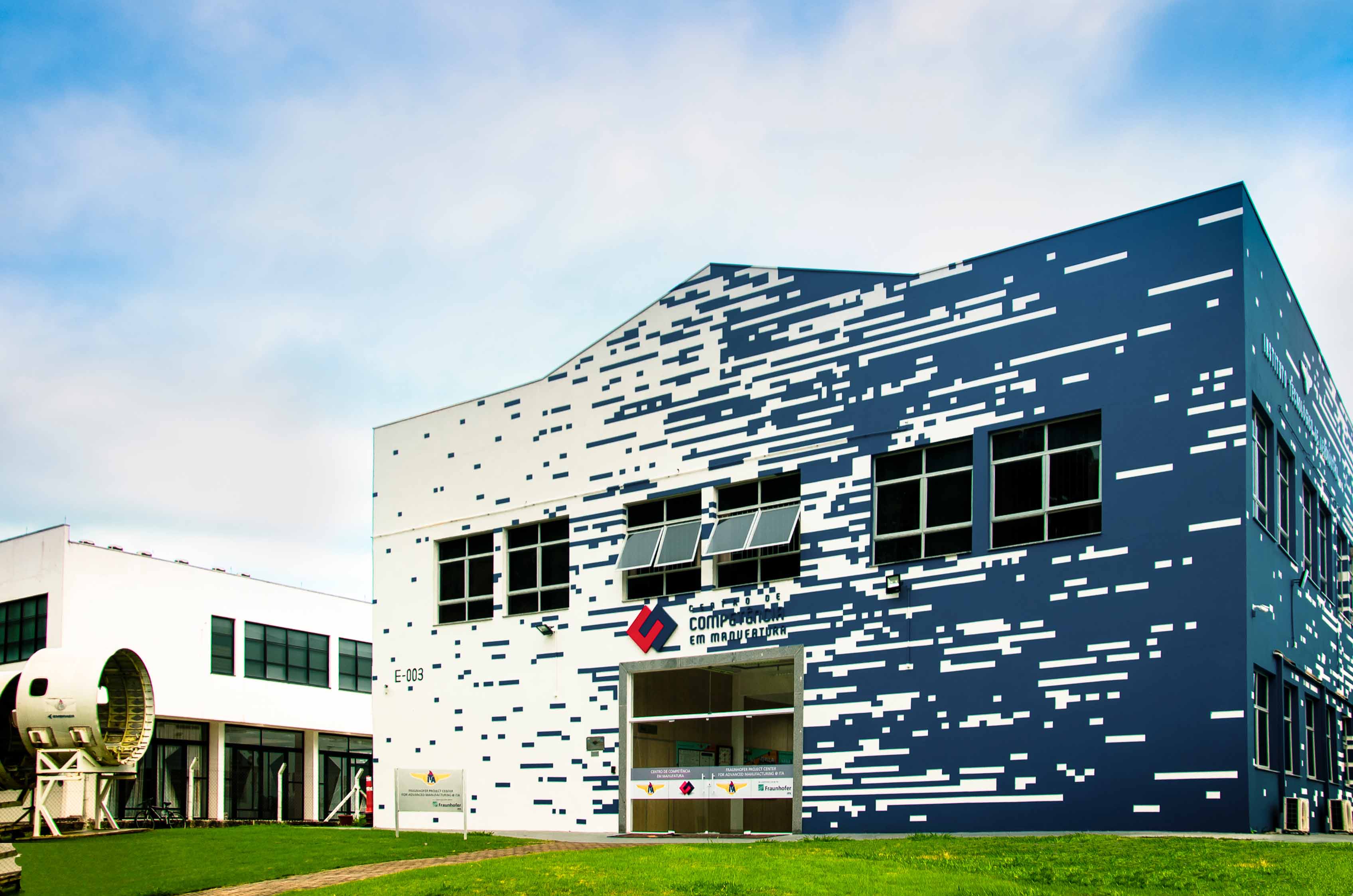
The aforementioned collaboration »ESCalate SENAI« has been running since 2012 and has currently been prolonged until October 2025. A team from Fraunhofer IPK has been assisting the Brazilian industry training service SENAI with establishing innovation institutes based on the Fraunhofer model. By conducting regular audits, they are also supporting the development and professionalization of said institutes, both in management and technological aspects.
The partnerships with SENAI and ITA have also spawned new collaborative projects, such as a specialization course in advanced manufacturing. The course was organized in cooperation between SENAI Minas Gerais, ITA und Fraunhofer IPK, with lectures by experts and professors from each of those institutions. It relied on two main pillars: immersion in innovation institutes (praxis-oriented approach) and technology. Around 40 representatives from Brazilian companies and entrepreneurs attended this specialization.
 Fraunhofer Institute for Production Systems and Design Technology
Fraunhofer Institute for Production Systems and Design Technology